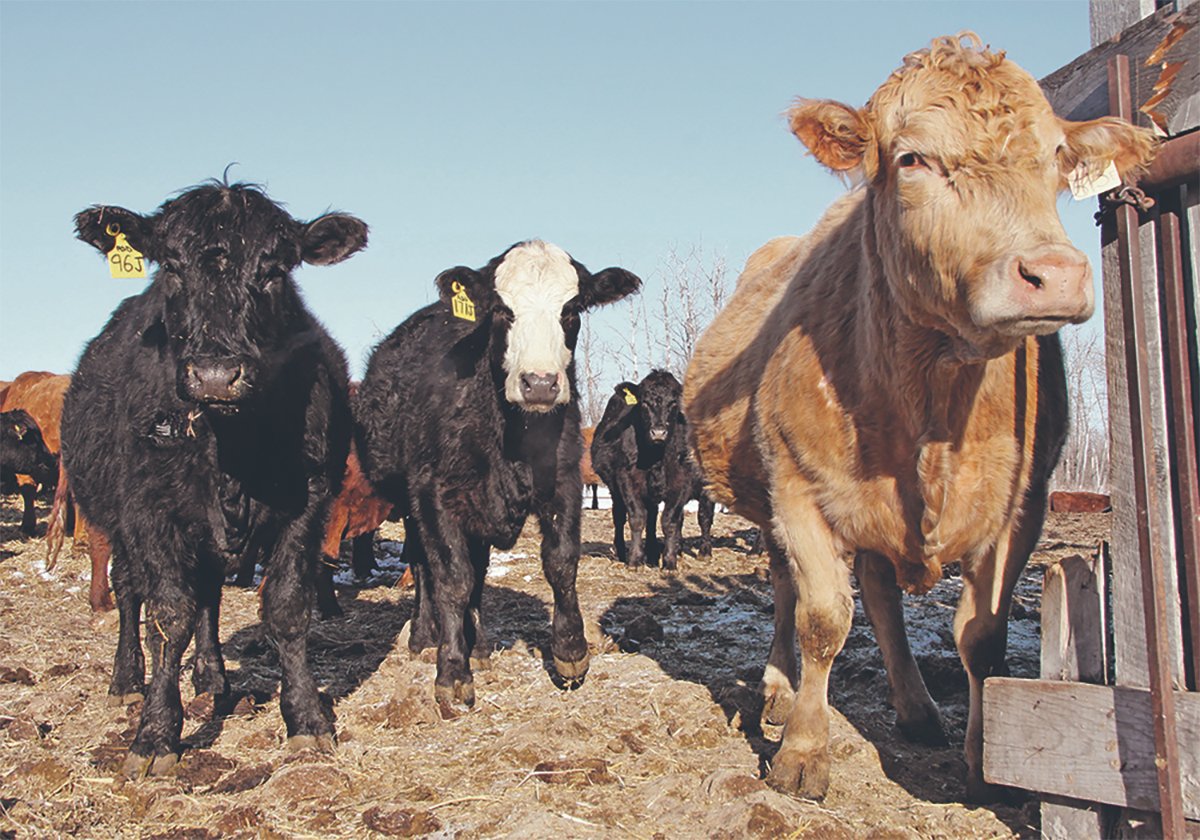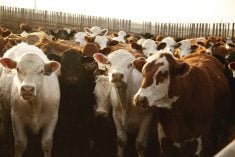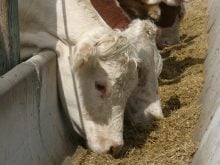The Canadian Cattle Association is giving Europe another chance to do what it calls “the right thing” on beef trade.
Last year, Canadian government officials applied to the European Food Safety Authority to review the safety of peroxyacetic acid.
The chemical is used at slaughter plants in Canada as a carcass wash to reduce the risk of bacterial contamination.
“(It) is used in food and beverage industries as well as hospitals, health care and pharmaceutical facilities as an antimicrobial agent, surface cleaner and sanitizer. In many meat and poultry establishments it is used on carcasses,” the U.S. Department of Agriculture said.
Read Also

Livestock inspection costs increase in Saskatchewan
The Sept. 1 50-cent increase to livestock inspection fees may seem like another hit when everything is going up, but the chief executive officer of Livestock Services of Saskatchewan said producers should consider the value they receive in return.
Its use is permitted at meat processing plants in North America, but not in Europe, so the carcass wash has become a massive barrier for firms who want to export Canadian beef to the EU.
John Masswohl, who is retired from the CCA but is helping the association with European trade issues, said he hopes that the European Food Safety Authority (EFSA) will soon give a thumbs up to peroxyacetic acid.
“There’s an opportunity for the EU to give us the correct response. Hopefully, this fall,” he said. “We feel pretty confident that the (EFSA) will recommend that it be approved for use in beef production. The science is all there.”
If the EFSA concludes that peroxyacetic acid is safe, it will make a recommendation to the European Commission, which could approve its use or not.
If the EC decides “no”, then Canada and the beef industry will need a more aggressive approach, possibly challenging the European stance through the World Trade Organization.
“We want to play ball. We want it (trade) to work in both directions…. (But) if this thing drags on… then we’ll know what kind of trading partner we have,” Masswohl said.
“We want to give them this last chance, to do the right thing.”


















